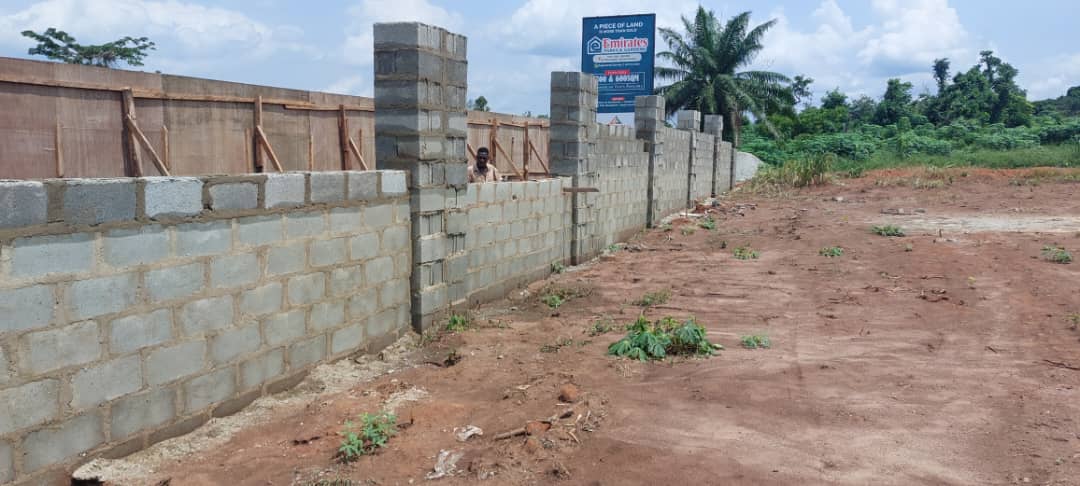Avoiding the Most Common Land Buying Mistakes: A Guide for First-Time Buyers and Investors
Buying land is one of the biggest investments you may ever make. Whether you’re planning to build a home, launch a commercial project, or invest long-term, land acquisition comes with many hidden risks. Many buyers fall into costly traps because they overlook critical steps. This guide highlights common land acquisition mistakes and how to avoid them so your property purchase is safe, legal, and profitable.
1. Skipping Proper Due Diligence
One of the most serious land acquisition mistakes is failing to research the property. Many buyers get excited and rush to close a deal without taking time to investigate.
What to do instead:
-
Review the property’s legal history
-
Check for zoning laws and land use restrictions
-
Request a recent property survey
-
Investigate local development plans
-
Look for any environmental or legal issues

Doing due diligence before buying land helps you avoid expensive surprises later.
2. Not Getting a Professional Land Survey
Assuming that fences or landmarks mark property boundaries can be a costly mistake. Boundary disputes are common and can lead to legal battles.
Why a land survey matters:
-
It confirms the actual size and shape of the land
-
Reveals encroachments or overlapping claims
-
Helps lenders and title companies approve the deal
Getting a licensed survey costs a few hundred dollars but can save you thousands in legal fees later.
Afforable Land In Ibeju-Lekki
3. Ignoring Zoning Laws and Land Use Restrictions
Many buyers don’t realize that local laws control what you can build or do with your land.
Always check:
-
Zoning classification (residential, commercial, agricultural, etc.)
-
Height limits, setbacks, and building codes
-
Future zoning changes in the area
Buying land without knowing these rules could stop you from building your dream project.

4. Overlooking Title and Legal Issues
Another mistake is trusting that the seller has a “clear title” without checking official records. A title search is critical when buying land.
What to watch for:
-
Unpaid taxes
-
Liens or mortgages
-
Disputed ownership
-
Easements or usage rights
Buy title insurance and work with a legal professional to protect your investment.
5. Forgetting Environmental Checks
Some land may look fine on the surface but hide serious problems underneath. Environmental hazards can be costly to fix and may even stop you from building.
Things to investigate:
- Soil and water contamination
- Flood risk or wetlands
- Nearby industrial activity
- Climate-related issues like erosion or rising water levels
Always ask for an environmental assessment—especially for land with a history of commercial or industrial use.
6. Not Verifying Utilities and Access
It’s easy to focus on how the land looks and forget about what’s underground—or what’s missing.
Before buying, confirm:
-
Availability of water, electricity, gas, and internet
-
Sewer or septic systems
-
Legal road access (not just visible paths)
Installing utilities in remote areas can be very expensive, so include this in your budget.
7. Underestimating Hidden Costs
Many first-time land buyers look only at the sale price. But land acquisition comes with extra costs.
Don’t forget:
-
Surveying and inspection fees
-
Title insurance and legal costs
-
Permit and zoning fees
-
Infrastructure and utility setup
-
Property taxes and maintenance
Planning for these extra costs protects your long-term budget.
8. Not Exploring Land Financing Options
Land loans are different from regular home loans. Some require larger down payments and shorter repayment periods.
Options to explore:
-
Raw land loans
-
Construction loans
-
Seller or owner financing
-
USDA or rural property loans
Understanding your financing options helps you choose the right plan for your goals.
9. Ignoring Mineral Rights and Timber Rights
In some areas, land ownership does not include mineral or timber rights. That means someone else might have the right to dig, drill, or harvest wood on your property.
Before you buy, ask:
-
Who owns the mineral or logging rights?
-
Are those rights included in your purchase?
-
Will they interfere with how you plan to use the land?
This is especially important in areas with oil, gas, or forest resources.
10. Not Understanding Easements
Easements give others the legal right to use part of your land. These are common but can limit what you can do with the property.
Examples of easements:
-
Utility company rights
-
Shared driveway access
-
Public walking paths
-
Drainage or waterway rights
Check the title documents and ask your lawyer to explain any easements before you buy.
Final Thoughts
Avoiding these land acquisition mistakes can save you time, money, and legal trouble. By doing your research, hiring the right professionals, and understanding your rights, you’ll be in a strong position to make a smart land investment.
Whether you’re buying land for personal use or commercial development, remember: informed decisions today prevent regrets tomorrow.





Leave a Reply